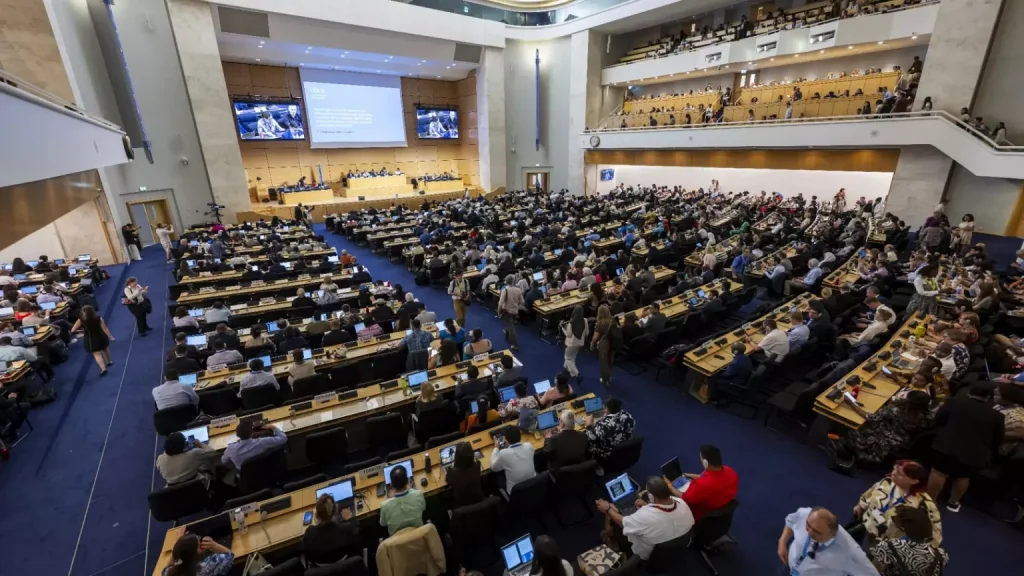Global talks stall on plastic pollution treaty in Geneva

Negotiations in Geneva to establish the world’s first legally binding treaty on plastic pollution teetered on the brink as delegations struggled to close deep divides over the treaty’s scope, as reported by Al-Monitor on August 14th.
By late evening, countries awaited a revised draft after those seeking stronger measures rejected the version tabled a day earlier. The talks commenced on August 5th, with the hope that at least by now in the dwindling hours of these important negotiations a solution to the disputes would have been solved.
Panama, Kenya, Britain, and the EU criticised the removal of key provisions addressing the full life cycle of plastics — from polymer production to waste disposal — and their impacts on health. Oil-producing states resisted any limits on the manufacture of virgin plastics from fossil fuels, while others pushed for caps and tougher controls on hazardous chemicals.
“It’s proving unlikely all countries will be able to bridge their differences,” said Zaynab Sadan of WWF, describing the gap as wide as at any point in the three years of talks. EU Commissioner Jessika Roswall argued that only a treaty covering the entire plastic life cycle and adaptable to scientific advances would be effective. Panama called the August 13th draft “repulsive” and demanded a rewrite, while Saudi Arabia insisted the treaty’s scope must be defined before any agreement.
More than 1,000 delegates have convened for this sixth negotiating round, following a failed session in South Korea last year. Advocacy groups outside the plenary urged against a “weak treaty”, warning that OECD data predicts plastic production could triple by 2060, intensifying environmental and health crises.
However, some countries have been accused of delaying the proceedings for their own ends, and others have been accused of greenwashing, meaning promoting clean and renewable energy whilst outsourcing costs to other nations.
Norway’s climate minister urged compromise, while US industry representatives signalled support for a deal without production limits. Colombian MP Juan Carlos Lozada countered that no treaty was preferable to a diluted one. Over 300 companies, including Unilever, called for harmonised global rules to avoid market fragmentation and rising costs.
Al-Monitor, Maghrebi.org
Want to chase the pulse of North Africa?
Subscribe to receive our FREE weekly PDF magazine












